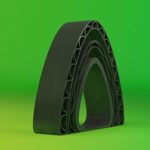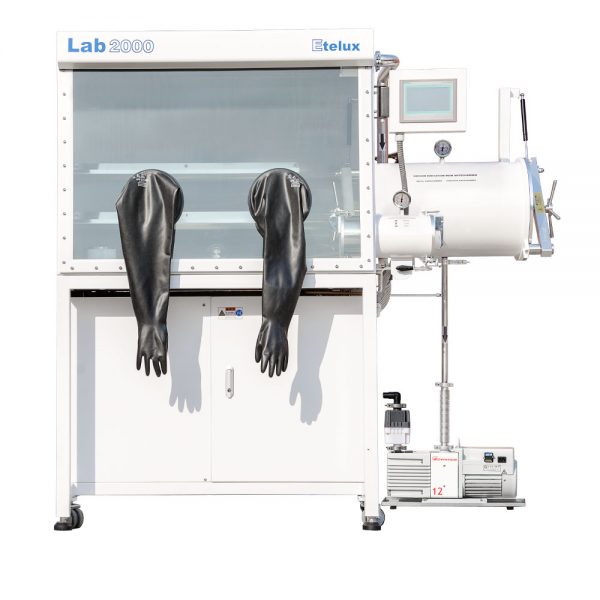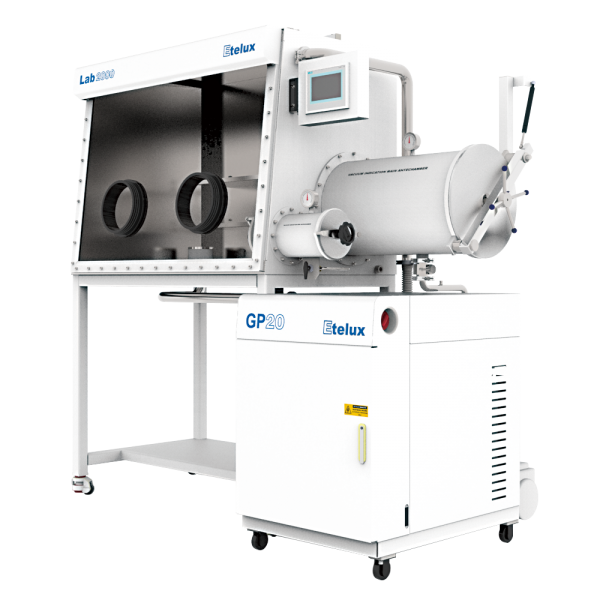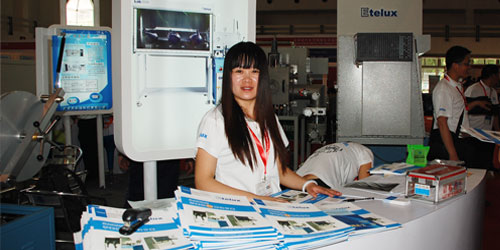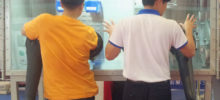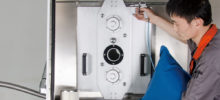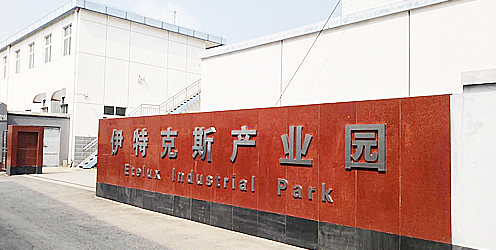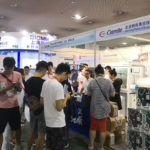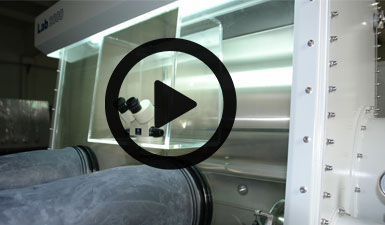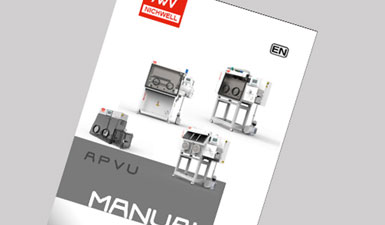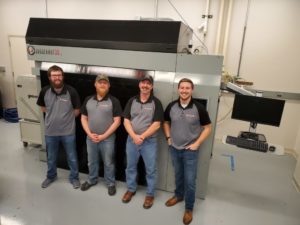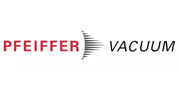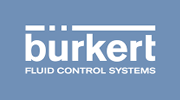Dutch chemical company Royal DSM has announced a partnership with Youngstown, Ohio’s Juggerbot 3D to develop 3D printers and materials for pellet-based manufacturing. This represents greater momentum toward the adoption of pellet-based additive manufacturing (AM), which is sometimes considered to be the future of material extrusion 3D printing technologies.
While DSM is already well-known within AM for its production of various materials for 3D printing, Juggerbot 3D is not yet quite a household name. The startup emerged from the Youngstown Business Incubator, with support from America Makes, as a manufacturer of large-scale, industrial-quality material extrusion 3D printers. While its initial filament-based systems are capable of high-temperature printing with high-performance plastics, Juggerbot more recently developed a form of fused granulate fabrication (FGF) for its P3-44 3D printer.
The machine has a build volume of 915 mm x 1,220 mm x 1,220 mm (36 in x 48 in x 48 in) and can manufacture parts at a rate of 4.5-9.1 kg/hr (10-20 lbs/hr). It features two interchangeable extruders, small and large for precise or fast printing, as well as mobile drying units for removing moisture from pellets prior to printing and an environmentally controlled build chamber.
The Tradesman Series P3-44 pellet extrusion 3D printer from Juggerbot. Image courtesy of Juggerbot 3D.
The ability to 3D print using granules opens up a number of benefits. Not only can they be fed via hopper into the extruder more quickly than filament, but, because the materials typically used are readily available injection molding pellets, machine operators have a much wider portfolio of plastics to choose from. Combined with a high-speed deposition head and a large build chamber, pellet-based systems have the ability to 3D print large objects very quickly. Moreover, they are much, much cheaper than filaments.
After working together on filaments for Juggerbot systems, DSM and Juggerbot will now collaborate on the development of pellet-based industrial systems and materials. The Ohio startup’s existing FGF printer has been designed to print with DSM’s glass-reinforced PET polymer, Arnite AM8527, and DSM will be adding more pellet products to its 3D printing materials portfolio.
Support from the massive Dutch multinational, which rakes in about €10 billion in net sales annually, is obviously an important boost for the startup. For DSM, it’s not just a way to expand its sales, but to secure a position in the large-format and pellet extrusion markets.
After all, BASF invested heavily in Essentium, which has developed its own form of large-format printing with technology meant to address the issue of Z-axis weakness. The chemical giant also recently partnered with Cincinnati Inc., which is known for its massive pellet extrusion machines (though the partnership is limited to its desktop filament printer for now). DuPont, too, sees pellet 3D printing as the future of the market, with Marketing Manager for Industrial & Consumer Christophe Paulo saying that “the bulk of the Material Extrusion market will be in pellet to parts.”
Pellet-based 3D printing technology is still early in its development as a market, with a comparatively small number of hardware manufacturers offering pellet machines. These companies typically come from industrial manufacturing backgrounds. Cincinnati, Ingersoll and Thermwood are all machine tool makers and Arburg is an injection molding company. It would make sense that these are the types of firms already sensing the way that the wind is blowing and one wonders if filament extrusion system manufacturers will catch on sooner rather than later.
